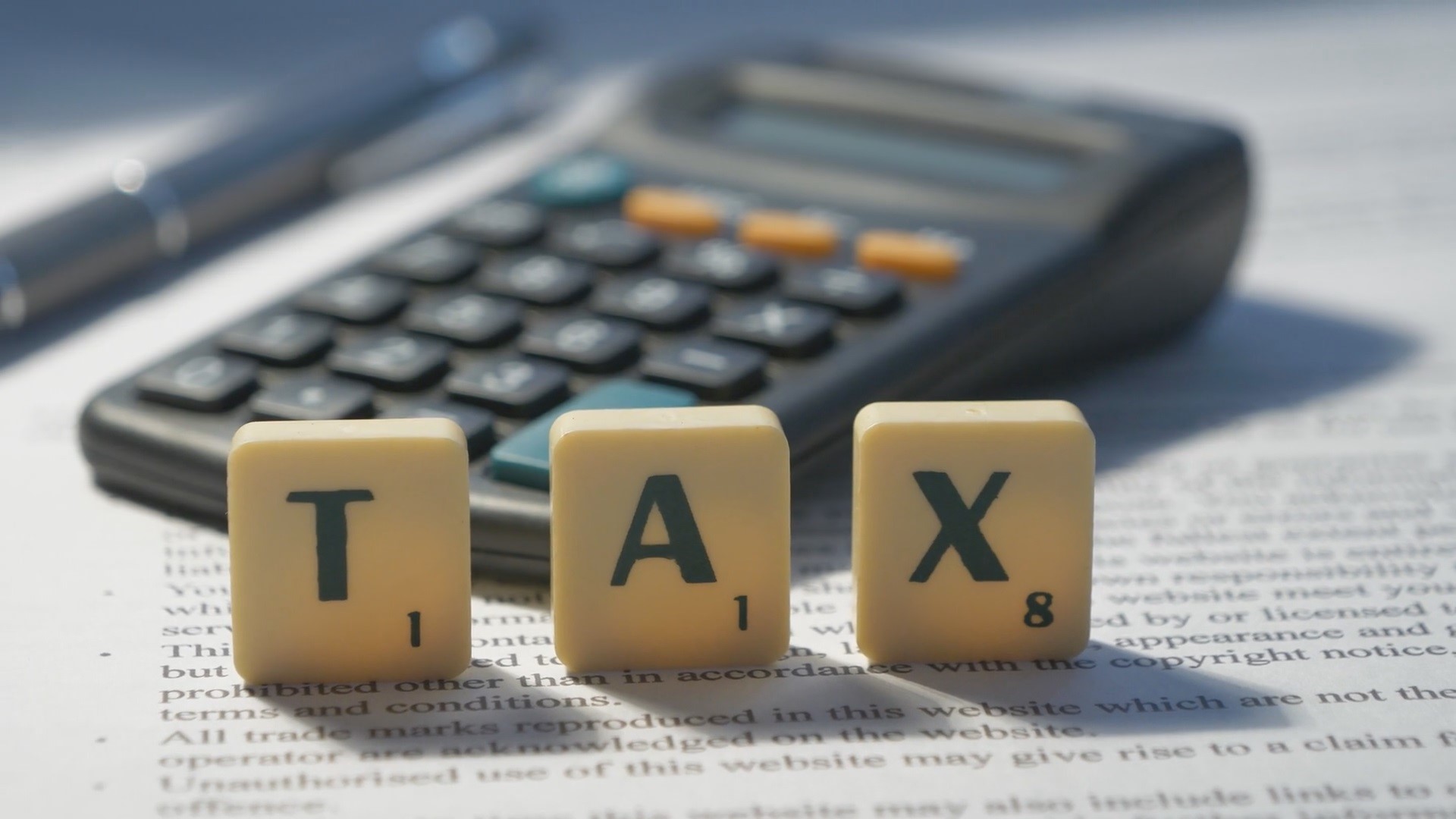WASHINGTON — April 15 is three and a half weeks away. If you have not filed your taxes yet, you might feel a little anxious about it. Scammers know that and want to take advantage of it.
One of them tried to target a member of our Verify team. A voicemail message offered to help them out of a potentially difficult situation.
“Hello, it’s Bill at The Tax Group calling you about your previous year’s filings," the 36-second message began. The caller sounded like a man in his 30's not like a typical automated voice. "Looks like you might be one of the people that still have some past taxes due. Our company can help get you enrolled in the new Zero Tax Initiative. With that set up, any small are large amounts are now non-collectible through the program. Give us a ring back and we can help you get set up. Won't take too long, and it's a one-and-done setup. So give me a shout back at 943-218-9021. Again, my number is 943-218-9021. Thank you.”
QUESTION
Is the call from Bill with The Tax Group likely a scam?
SOURCES
ANSWER
Experts say the call has multiple signs of being a scam.
WHAT WE FOUND
The Tax Group is a small business based in Redding, California. On its Facebook page, it posted in January that it had received several complaints from people who got suspicious calls from someone using the business' name.
The Better Business Bureau, which provides users with information about a company's reputation, has an alert on The Tax Group’s page on its website that says "BBB found that The Tax Group LLC is being spoofed by scammers."
In a Reddit group devoted to scams, several users describe receiving the same voicemail message in the last few weeks. The calls came from different numbers, but "Bill" said the same 943 callback number in each call.
A search of the IRS' website also shows no results for a Zero Tax Initiative.
Mark Steber, Chief Tax Information Officer with Jackson Hewitt, says it is not possible for a tax preparer to know your filing history without your approval.
”A registered tax pro," he explained, "will have an online account. You’ll have to give them permission with one of two or three different forms that they can file, file electronically, and get permission to access your account and help you.”
Steber said there are a couple waves of scam activity every year. The first wave picks up right after the first of the year, when the first filers submit their taxes and await their returns. Scammers try during this period to get victims to verify their banking information so their refund can be processed, Steber said.
Activity dips for a bit in late winter. They use this time to prey on seniors, those who are not fluent in English, and other vulnerable people. Steber said popular scams in this period include trying to convince an older individual that their spouse might unknowingly be in slight financial trouble, but if the victim gives the caller their banking information, the caller can take the money without their spouse finding out. That, however, leads to a drained bank account.
As Tax Day approaches, Steber said scam activity increases again. During this time, scammers tap into the stress many people feel and try to get them to react irrationally and give up their personal information.
The IRS offers information on its website about various types of tax scams and information about how to report them and protect yourself.
Steber also said, if you get a text, call, email, or letter related to taxes that seems suspicious, you can take it to a reputable tax preparer. They will quickly let you know if it is authentic or a scam. He added that while the IRS might respond to a taxpayer's concerns with a phone call, the agency will never initiate contact by phone, text, or email.

